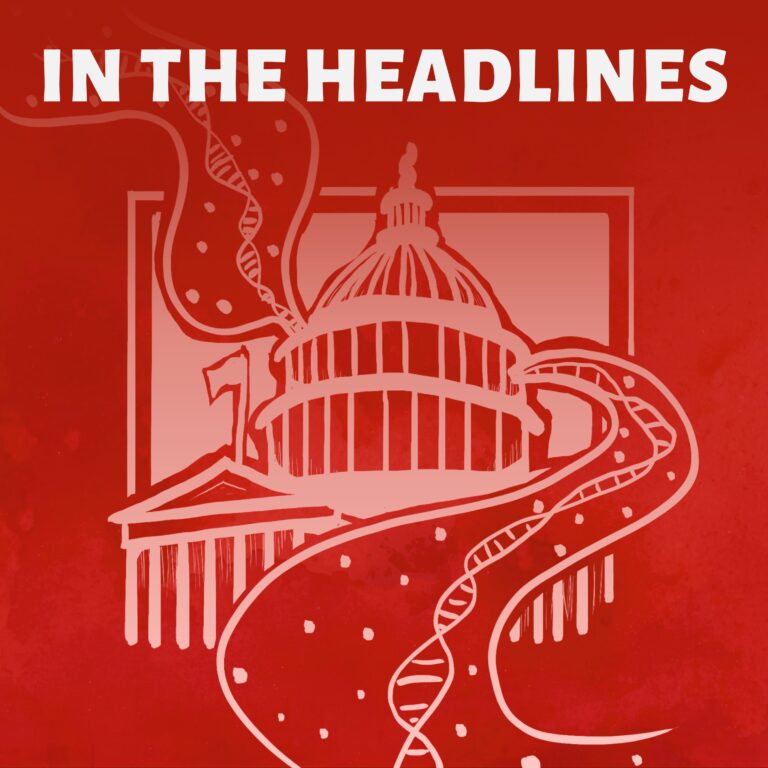The American Society of Clinical Oncology issued an updated policy statement on genetic and genomic testing for cancer susceptibility.
Published in the Journal of Clinical Oncology, the statement reviews the ways in which new technologies are transforming the assessment and identification of inherited cancer susceptibility, and makes a series of recommendations for the optimal deployment of these technologies in oncology practice.
“As cancer diagnosis and treatment is becoming more genetically-driven, new opportunities and questions are emerging about screening for hereditary cancers,” said ASCO President Julie Vose. “ASCO is releasing this updated policy statement at this critical juncture to ensure that all interested parties thoughtfully consider these concerns as the future of genetic and genomic testing for cancer susceptibility unfolds.”
Mark Robson, chair of ASCO’s Ethics Committee and lead author of the ASCO policy statement, said: “As this promising field moves forward, we must ensure that providers are well versed in the diagnostic and treatment options available, that patients have access to genetic testing that identifies hereditary risk, and that these tests have appropriate regulatory oversight.”
The policy statement, titled “Genetic and Genomic Testing for Cancer Susceptibility,” reviews and makes recommendations in the following five key areas:
Germ-line Implications of Somatic Mutation Profiling
ASCO calls for further research to develop best practices for the delivery of incidental and secondary germ-line findings. The society also encourages research aimed at improving understanding of patient preferences, optimal pre-test education and informed consent, and multilevel outcomes (i.e., patient, provider, health care system delivery, and cost) in this area. Further, ASCO recommends that laboratories choosing to conduct secondary analyses should develop mechanisms to report only somatic results for patients who decline to receive germ-line findings.
Multi-gene Panel Testing for Cancer Susceptibility
Providers with particular expertise in cancer risk assessment should be involved in ordering and interpreting multi-gene panels that include genes of uncertain clinical utility and genes not suggested by the patient’s personal and/or family history. Further, ASCO encourages research to delineate the optimal use of panel-based testing, development of evidence-based practice guidelines as data emerges, and education of providers on the challenges of using these tests.
Quality Assurance in Genetic Testing
ASCO recommends appropriate regulation of tests that detect inherited genetic variants and supports a risk-based approach to FDA regulation for laboratory-developed tests and commercial tests–in a manner that does not compromise innovation or limit patient access to testing. High-quality standards should be adopted that allow providers and patients to understand the accuracy, benefits, and limitations of genetic tests conducted by individual laboratories.
Education for Oncology Professionals
ASCO recommends continued education of oncologists and other healthcare professionals in cancer risk assessment and the management of individuals with inherited predisposition to cancer. Further, ASCO recommends that oncology training programs develop a set of core skills for new trainees and ensure adequate time for achieving these skills.
Access to Cancer Genetics Services
ASCO calls for coverage policies that support access to cancer risk assessment and prevention services for individuals who are suspected to be at increased genetic risk. Further, ASCO opposes any payment policies that have the potential to negatively impact the care of cancer patients by serving as a barrier to the appropriate use of genetic testing services.











